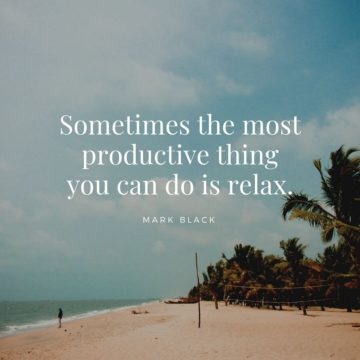
Note: If you feel your stress is negatively impacting your everyday life, contact your GP for medical advice and support.
Stress is something we all encounter; it has many causes and affects everyone differently.
Your response to stress is determined by not only events and changes in the outside world, but also how you perceive and respond to them. Your stress response may also be based on the evolutionary fight, flight or freeze response. Everyone reacts to stress differently and it’s important to learn and recognise your own stress response and develop skills and coping strategies to manage and deal with it.
When stress begins, we may notice changes in our physical and emotional state and our behaviour. Chronic or long-term stress can have a negative effect on your health and mental wellbeing, if you feel you are suffering from chronic or long-term stress, you should contact your GP for medical advice.
We’ve listed some common symptoms of stress below, its important to note that everyone experiences different symptoms, and this is not an extensive list.
Physical symptoms of stress may include headaches, tendency to sweat, nervous twitches, cramps or muscle spasms, feeling sick or dizzy, restlessness, sleeping problems, digestive issues – constipation, diarrhea, indigestion, heartburn, lack of appetite.
Emotional symptoms of stress may include irritability, low mood, feeling like a failure, loss of interest in others, feeling along, anger.
Behavioural symptoms of stress may include having difficulty making decisions, difficulty concentrating, crying, shouting, avoiding situations, a change in normal behaviour.
Ways to manage stress
Manage your time well
Everybody has time when they feel at their best – identify that time and use it to carry out important tasks that need the most energy and concentration. Things that can help with time management:
- Make a priority list
- Try to take one task at a time until each is finished, try breaking the task down into small steps.
- Variety is a good idea – alter your day with different types of tasks
Other ways
- Once you’ve finished a task, take a few moments to pause and relax – reward and praise yourself.
- Try and make time to switch off from your tasks. When the working day finishes, use your free time to unwind and relax.
- A change of scene can help, exercise is a proven way top manage stress, try a walk, or run.
- Healthy eating – eating well and the right foods can make a different to how we feel.
- Make time to have fun, this could be your favourite hobby, exercise, or seeing friends and family.
- Meditate / mindfulness – meditation and mindfulness, utilise deep breathing techniques which can help us manage stress. Deep and slower breathing can help reduce our heart rate which may be calming. Some recommend breathing in for 5 second and breathe out for 8 several times can help.
- Relaxation techniques – a simple stretching routine or imagining a place where you feel at peace.
External Help and Support for Managing Stress
If you’d like more information, please visit some of these external sites that may be able to help and guide you.
Mental Health Support
- What is stress? | Mind, the mental health charity – help for mental health problems
- Mind – Stress document – stress-2017.pdf (mind.org.uk)
- Managing Stress | Making Choices | DEAL | Samaritans
- How to manage and reduce stress | Mental Health Foundation
- Stress – How to Cope (rethink.org)
TED Talks:
- How to make stress your friend TED Talk – Kelly Mc Gonigal: How to make stress your friend
- A collective collection of stress related TED talks – Talks to help you manage stress | TED Talks
Thank you for reading our blog, we hope its been helpful. If you are experiencing stress for long periods of time, please seek medical help from your GP. We are not medical professionals, and the information in this blog is sourced from Mind, TED Talks, university courses and other sources of information.





